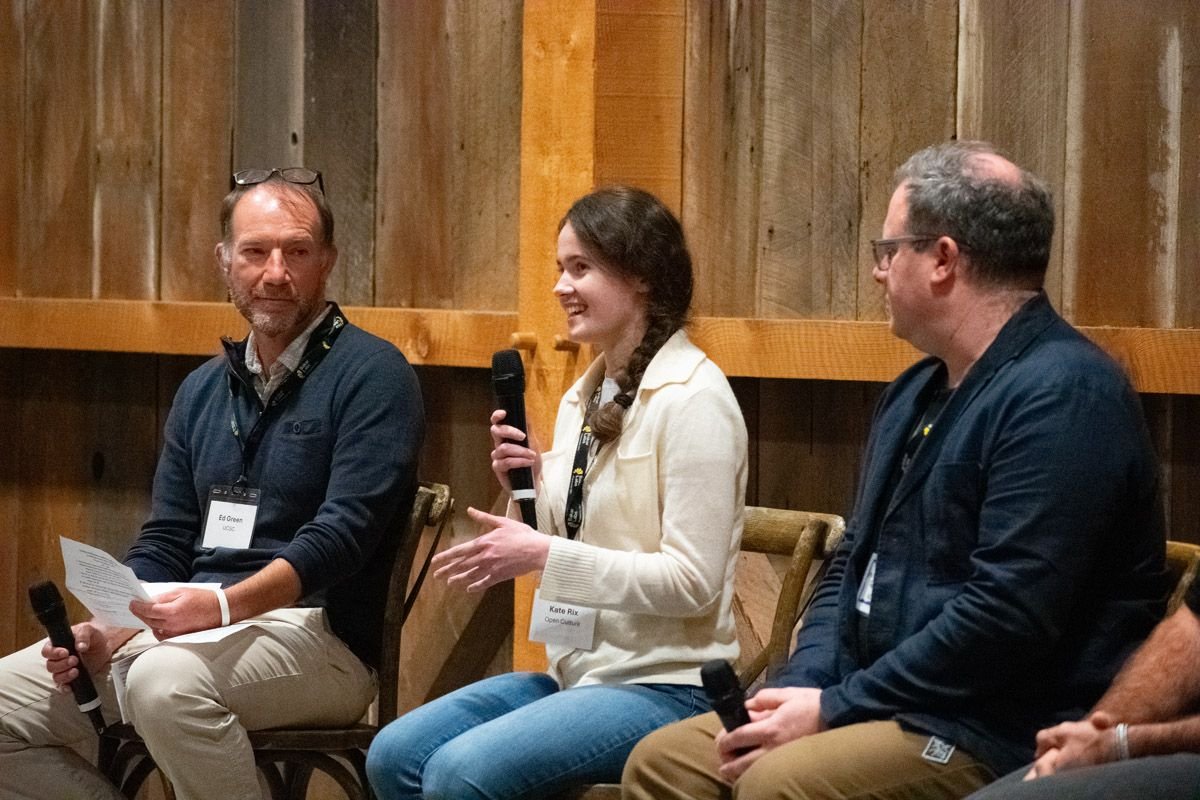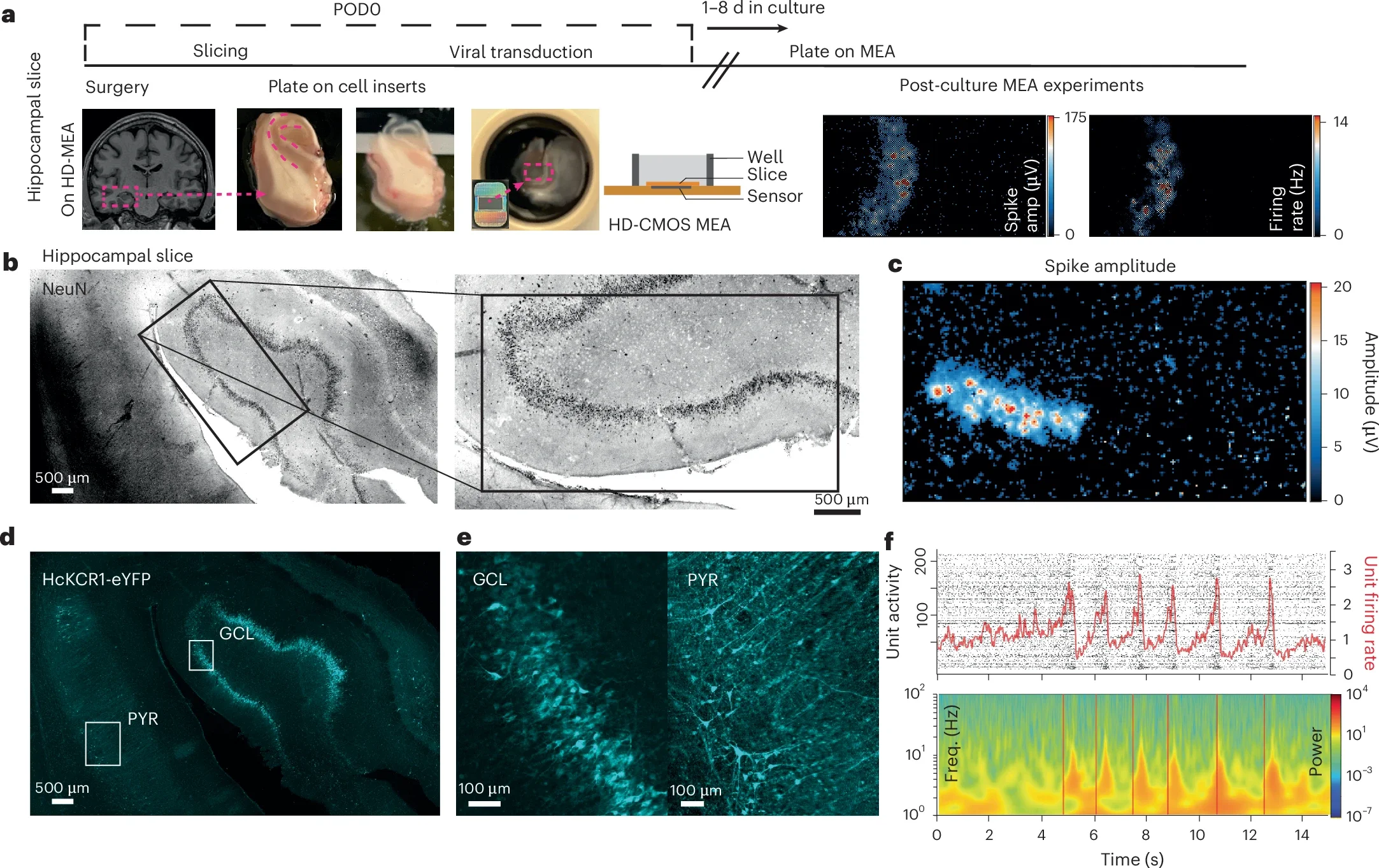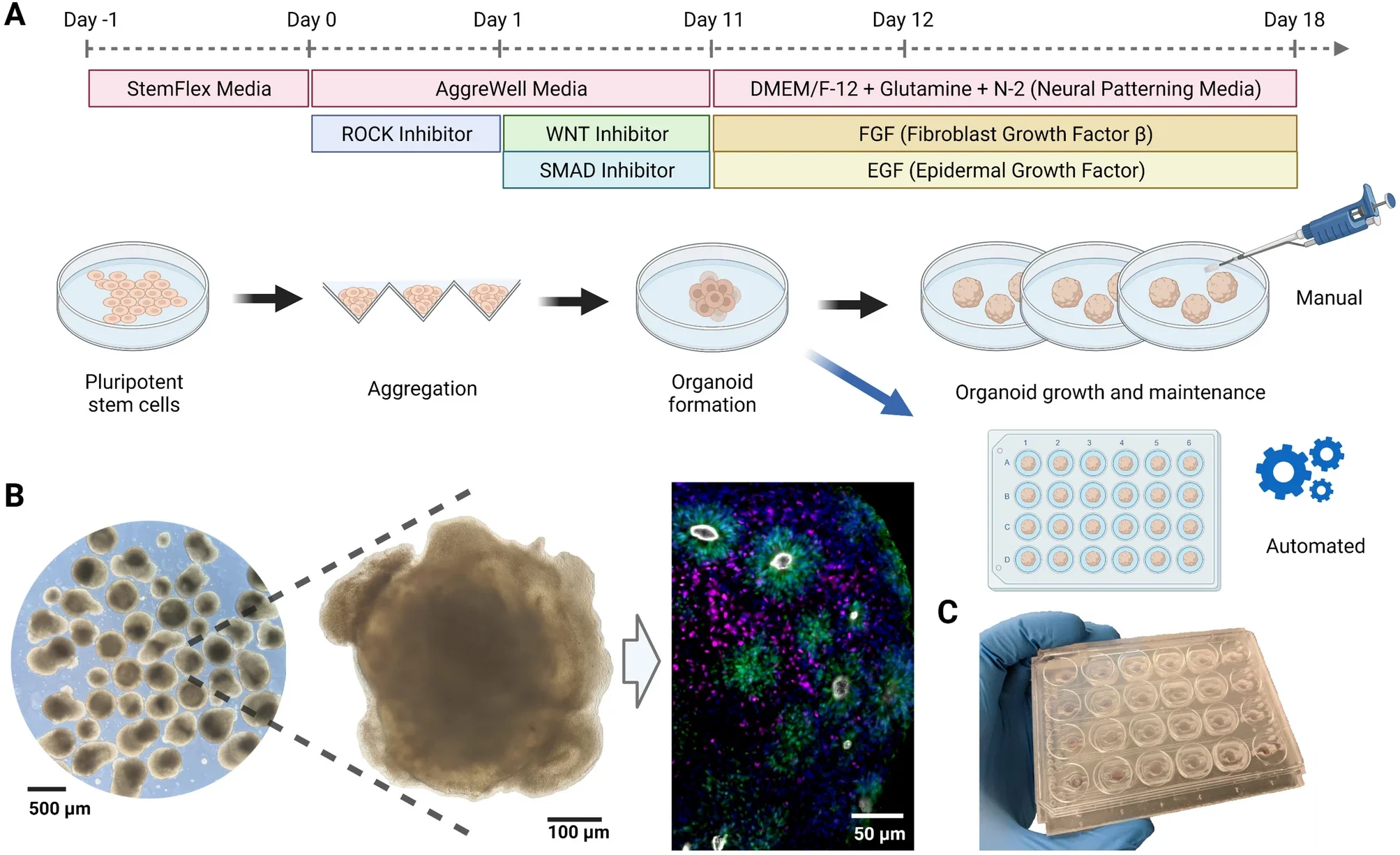
Leverage UC Resources to Launch Your Biotech Company: Panel & Networking Event
During this event, you'll hear from panelists ranging from investors to founders, like Open Culture and Unnatural Products, two inspiring Santa Cruz biotechnology spinouts, and gain insights into how they leveraged these resources.

Open Culture Science Cameo on All Access with Andy Garcia
Open Culture Science is partnered with VoxCell BioInnovation. With vascular complexity at the core of our innovation, VoxCell delivers human-like models that accelerate therapeutic discovery and bridge the gap between preclinical and clinical phases. Committed to innovation and excellence, VoxCell continues to expand its impact on a global scale.

A feedback-driven brain organoid platform enables automated maintenance and high-resolution neural activity monitoring
The analysis of tissue cultures requires a sophisticated integration and coordination of multiple technologies for monitoring and measuring. We have developed an automated research platform enabling independent devices to achieve collaborative objectives for feedback-driven cell culture studies. Our approach enables continuous, communicative, non-invasive interactions within an Internet of Things (IoT) architecture among various sensing and actuation devices, achieving precisely timed control of in vitro biological experiments.

Petri Dish 2.0: How Open Culture is Automating the Future of Cell Science
Biology is messy. From one culture to the next, it’s hard to get cells to behave in the same way. And this is even more true for organoids, small spheres of 3D tissue that scientists grow and use to study organ function. It’s hard to confirm discoveries if you can’t get the same results twice. But what if you could?
At Open Culture, the UC Santa Cruz postdoc team of Kateryna “Kate” Voitiuk and Spencer Seiler is making it easier not just to grow organoids in culture, but to do so in an automated system that creates consistency, reduces human errors, and works while you sleep. Their specialization: brain organoids.

Multimodal evaluation of network activity and optogenetic interventions in human hippocampal slices
Seizures are made up of the coordinated activity of networks of neurons, suggesting that control of neurons in the pathologic circuits of epilepsy could allow for control of the disease. Optogenetics has been effective at stopping seizure-like activity in non-human disease models by increasing inhibitory tone or decreasing excitation, although this effect has not been shown in human brain tissue. Many of the genetic means for achieving channelrhodopsin expression in non-human models are not possible in humans, and vector-mediated methods are susceptible to species-specific tropism that may affect translational potential.

Modular automated microfluidic cell culture platform reduces glycolytic stress in cerebral cortex organoids
Organ-on-a-chip systems combine microfluidics, cell biology, and tissue engineering to culture 3D organ-specific in vitro models that recapitulate the biology and physiology of their in vivo counterparts. Here, we have developed a multiplex platform that automates the culture of individual organoids in isolated microenvironments at user-defined media flow rates. Programmable workflows allow the use of multiple reagent reservoirs that may be applied to direct differentiation, study temporal variables, and grow cultures long term.

IoT cloud laboratory: Internet of Things architecture for cellular biology
The Internet of Things (IoT) provides a simple framework to control online devices easily. IoT is now a commonplace tool used by technology companies but is rarely used in biology experiments. IoT can benefit cloud biology research through alarm notifications, automation, and the real-time monitoring of experiments. We developed an IoT architecture to control biological devices and implemented it in lab experiments. Lab devices for electrophysiology, microscopy, and microfluidics were created from the ground up to be part of a unified IoT architecture. The system allows each device to be monitored and controlled from an online web tool. We present our IoT architecture so other labs can replicate it for their own experiments.
